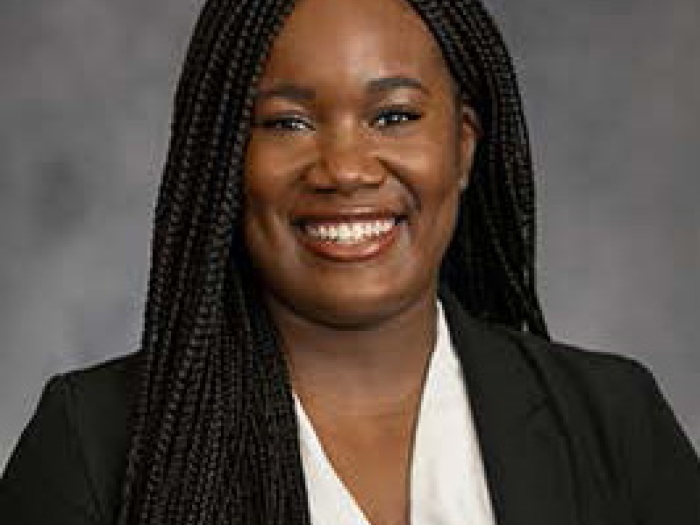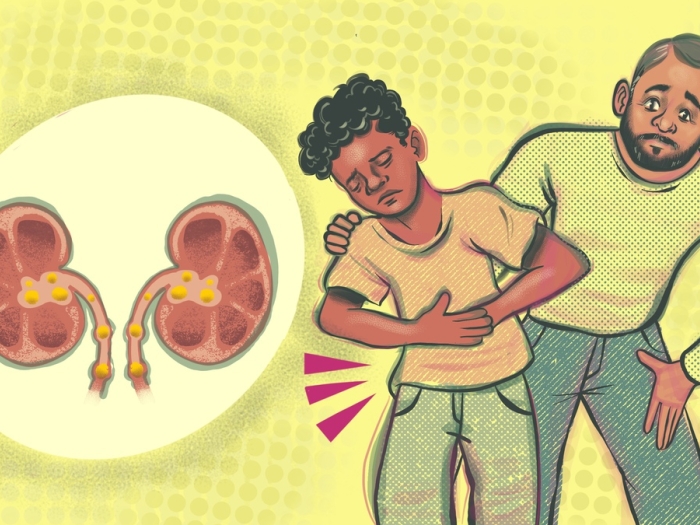Showing 1-15 of 43 results

Health Lab
A large grant for Michigan Medicine will launch important research to improve the screening and treatment for a gynecologic disorder that disproportionately impacts Black and Hispanic populations

Health Lab
On YouTube, the content recommended to kids isn’t always age appropriate, a Michigan Medicine study finds.

Health Lab
Youth with heart disease enrolled in unique program that teaches resilience and builds connections with their peers

Medical School News
Nearly 200 Medical School faculty members earned promotions in the 2024 cycle. Their new appointments were approved May 16 by the U-M Board of regents and take effect Sept. 1, 2024.

Health Lab
A melanoma survivor shares facts and tips about preventing all types of skin cancer.

Health Lab
A new urine-based test addresses a major problem in prostate cancer: how to separate the slow growing form of the disease unlikely to cause harm from more aggressive cancer that needs immediate treatment.

Health Lab
Telehealth study of patient portal e-visits by Medicare participants shows few had an interaction for which their provider billed them.

Health Lab
At-home test can detect tumor DNA fragments in urine samples, providing a non-invasive alternative to traditional blood-based biomarker tests
Department News
Former DCMB PhD student Dr. Shuze Wang was published in Developmental Cell.

Department News
Congratulations to incoming intern, Chioma Anidi on being the 2024 recipient of the Albert C. Furstenberg Award

Department News
Meet the newest residents to join our program

Department News
New website to help adolescents with disabilities learn about reproductive health.

Health Lab
2 in 3 parents in national poll say their child ages 5-12 use personal audio devices; pediatrician offers 4 tips to reduce noise exposure risks

Health Lab
Elective surgery study shows older adults have concerns about what it will cost them, how much work they’ll miss and whether they’ll catch COVID-19.

Health Lab
Cases of kidney stones in children are increasing, but parents can minimize the chances their kids develop them.